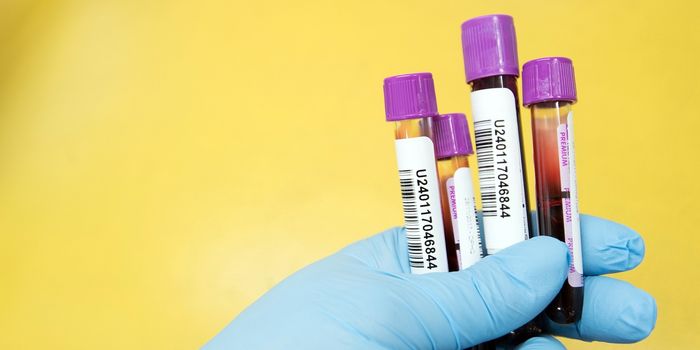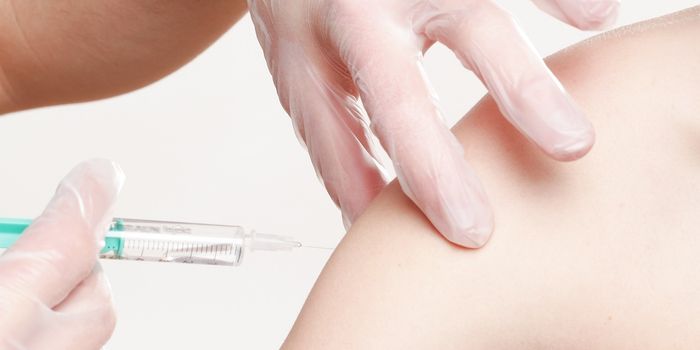Will an Extra COVID Vaccine Shot Benefit People With Autoimmune Conditions?
The global rollout of COVID-19 vaccines has helped save countless lives during the pandemic. Studies have shown that vaccinated individuals have a markedly reduced risk of experiencing severe COVID-19 symptoms, hospitalization, and death. In addition, fully vaccinated individuals are less likely to transmit the coronavirus to others.
However, vaccines don’t work equally for everyone in the community. For example, COVID-19 vaccines aren’t as effective for patients with autoimmune diseases, particularly those taking immunosuppressive medications to treat their conditions. Autoimmune diseases arise from abnormal immune responses that target the body’s healthy tissues, with a complex network of genetic and environmental factors said to trigger these conditions.
The National Institutes of Health has launched a new clinical trial, the COVID‐19 Booster Vaccine in Autoimmune Disease Non‐Responders Study, to develop better strategies for protecting people with autoimmune disorders during the pandemic.
The trial’s 600 participants will include those diagnosed with the autoimmune conditions multiple sclerosis, pemphigus, rheumatoid arthritis, systemic lupus erythematosus, or systemic sclerosis. These conditions have been selected as immunosuppressive drugs used to treat them have been linked to poor antibody responses after receiving vaccines.
Researchers are interested in whether an extra dose of a COVID-19 vaccine will help boost antibody responses and better protect patients from SARS-CoV-2 infections. In addition, the study will investigate whether a brief pause in participants’ immunosuppressive therapy regime around the time they receive the third ‘booster’ vaccine dose will help improve immune responses further.
With around 8 percent of people in the U.S. living with autoimmune diseases and significantly higher rates of COVID-19 deaths among this patient population, the results of the trial will help shape more effective, life-saving vaccination strategies for many.
Sources: National Institutes of Health, ClinicalTrials.gov.









